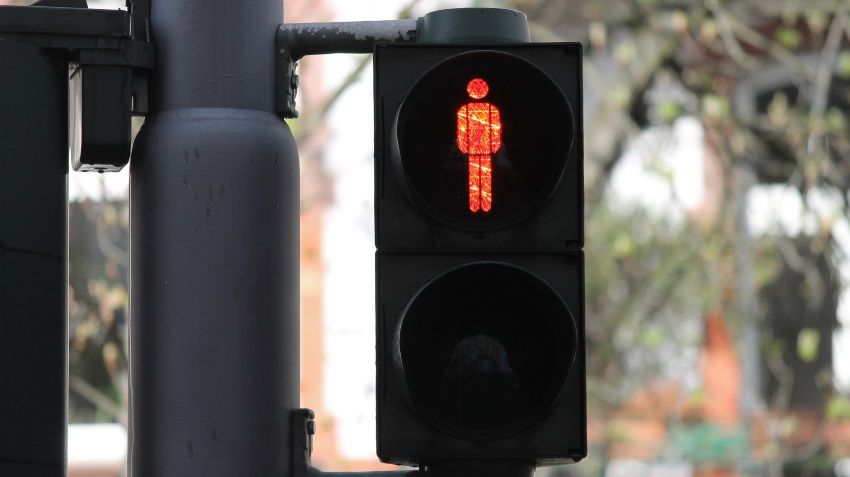Red light for pedestrians can limit 45 seconds

17 May 2018
The new standard will be to deal with impatient violators
The government is considering the possibility of changing the algorithm of the traffic lights. In particular, it is proposed to introduce a limit of waiting time at pedestrian crossings. In the case of approval of project red light for pedestrians will not be able to burn for longer than 45 seconds. This measure is described in the draft preliminary national standard (PNST) "Schemes of traffic regulation", adoption of which is scheduled for 2019.
Experts believe that such measure will allow to reduce the accident rate. According to traffic police, in the first four months of 2018, there were more than a thousand dorozhno-transport incidents connected with arrivals on pedestrians at signalized crossings.
The head of the design Committee, "the Easy road" when Rosstandart Alexander Shumsky in an interview with the newspaper "Izvestia" has revealed some details of the new PST. According to him, ideally, pedestrians should expect the green light is not more than 30 seconds, but in this case, may be significantly hindered the traffic.
At the moment, many crossings red light for pedestrians burns for fifteen minutes, and in some cases even up to three minutes. According to estimates most impatient pedestrians start to cross the road after the first 45 seconds of waiting. It is assumed that to fight with these offenders and will be sent to prospective the norm.
Earlier traffic authorities have already conducted research in the field of optimization of work of traffic lights in Moscow. Thus some of the transitions duration of the green signal for pedestrians has been increased by 3-41 second, in other cases the waiting time was reduced by 10-85 seconds. The results of these experiments are not yet announced.
We have already talked about some of the other proposals within the draft preliminary national standard (PST). In particular, the government has proposed to build a road from recycled asphalt and lane decrease width.
A national standard allows the government to perform the work of the new standards in practice prior to the adoption of GOST, which require more time to coordinate. This allows to accelerate the development of new standards and faster to test their effectiveness.
|
|
|
Element was not found.








